Paul's First Epistle to Timothy, Part 1: Yahshua [Jesus] Christ is God and His Gospel is for Israel
Paul's First Epistle to Timothy, Part 1: Yahshua [Jesus] Christ is God and His Gospel is for Israel
Now we are going to begin a presentation of Paul’s first epistle to Timothy, as we near the completion of a commentary on the epistles of Paul of Tarsus which we had begun with the epistle to the Romans in the Spring of 2014. This is now the 109th presentation in the series. It may be fitting that the pastoral epistles to Timothy and Titus are presented last in order of Paul’s epistles, as they are in most Bibles. However one error that most Bibles make is not to count Hebrews amongst Paul’s other epistles. Furthermore, Philemon belongs with Colossians, and it is not really a pastoral epistle in the sense of those which were written to Timothy and Titus. Going one step further, we have decided to put both of the epistles to Timothy last in order here because we find it appropriate to present 2 Timothy at the very end of our presentation of Paul’s epistles, although 2 Timothy was not actually the last of Paul’s epistles chronologically. When we do finally present 2 Timothy, we hope to make a full explanation of our reasons for that. If we had chosen to make our entire presentation in the order in which Paul wrote his epistles, 1 Timothy would follow Titus, and it in turn would be followed by 2 Corinthians. 2 Timothy would come later, as Paul was under house arrest in Rome when it was written (see Ordering and chronology of the epistles of Paul).
Paul had apparently written his first epistle to the Corinthians not long before he left Ephesus, in what was most likely the Spring of 56 AD, which we had explained in part 3 of our presentation of that epistle. He had initially planned on going to Achaia by way of Makedonia, and spending the winter in Corinth, as he wrote in chapter 16 of that epistle. But some time during the initial stage of his travels Paul decided instead to winter in Nicopolis, which is in Epirus and northwest of Corinth. As we had explained earlier in this series, such as in the opening segment of our commentary on the epistle to Titus, Paul must have received a letter from Corinth in answer to the epistle which we know as 1 Corinthians, and he then decided to delay going to Corinth and spent the subsequent winter at Nicopolis instead. He gave his reasons for that decision in the opening chapters of 2 Corinthians, which was written as he wintered in Nicopolis, and both Titus and Timothy were with him.

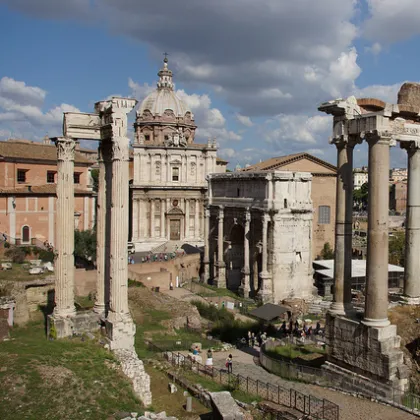
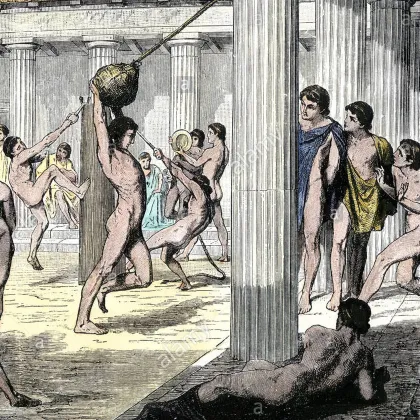

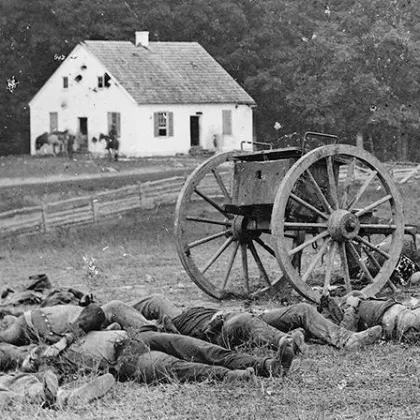
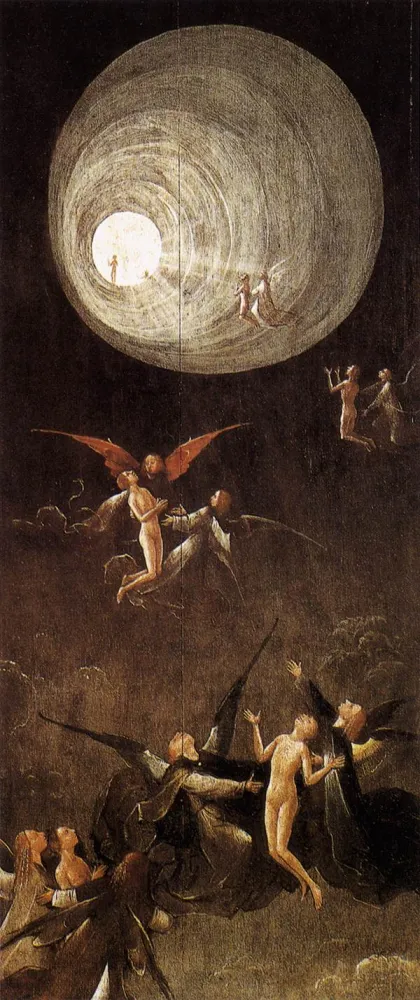
 Paul's Second Epistle to Timothy, Part 2: Rejecting the Religion of Fear
Paul's Second Epistle to Timothy, Part 2: Rejecting the Religion of Fear
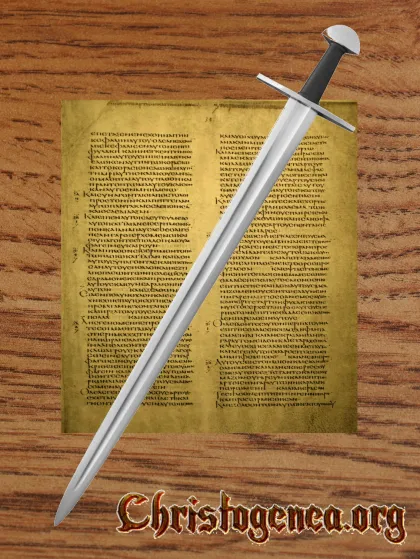 Paul's Second Epistle to Timothy, Part 3: Rightly Dividing the Word of Truth
Paul's Second Epistle to Timothy, Part 3: Rightly Dividing the Word of Truth
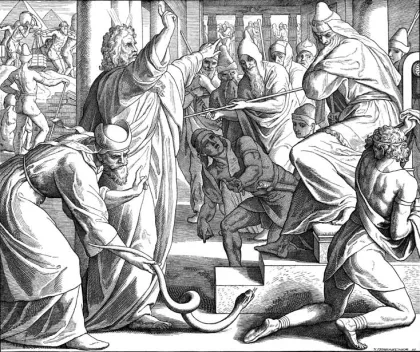 Aside from the first three presentations of this epistle, perhaps last Saturday’s program,
Aside from the first three presentations of this epistle, perhaps last Saturday’s program, 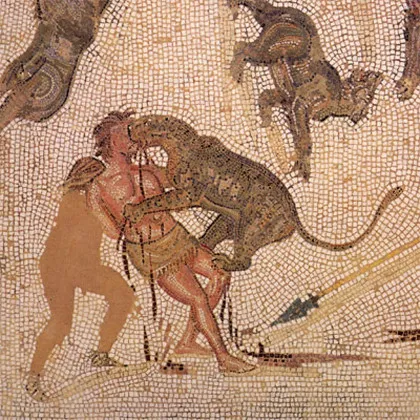




 Please click here for our mailing list sign-up page.
Please click here for our mailing list sign-up page.







